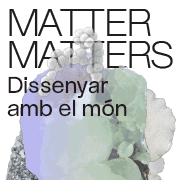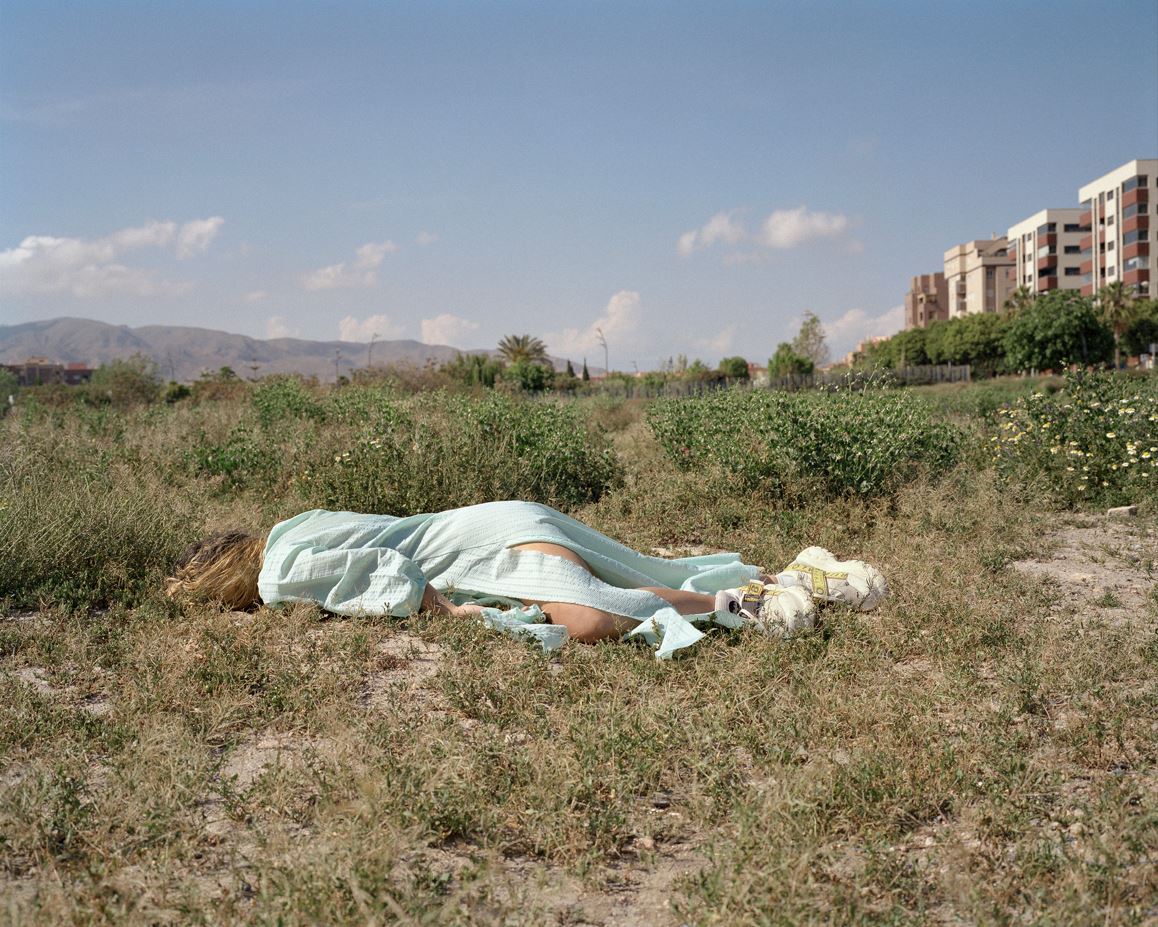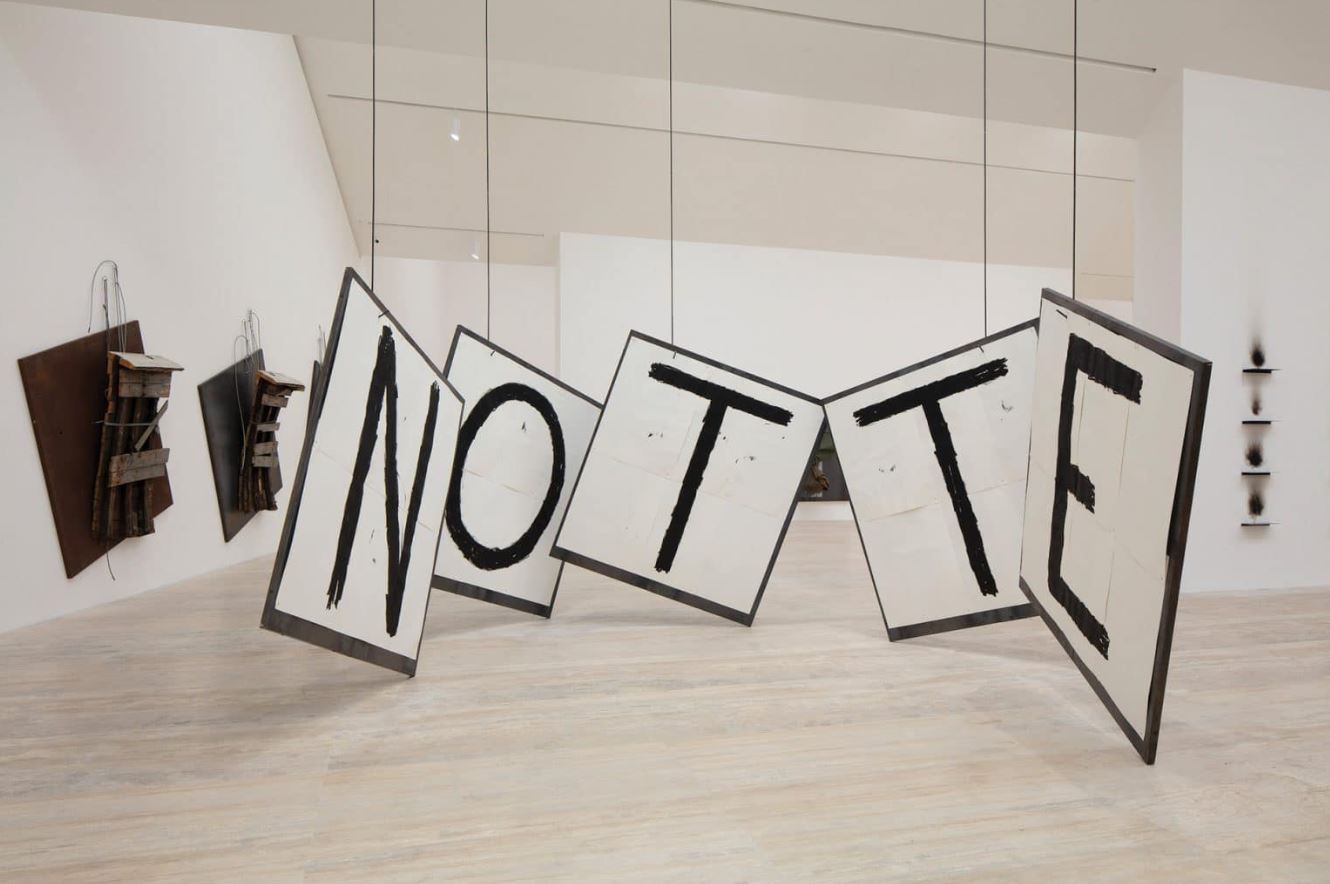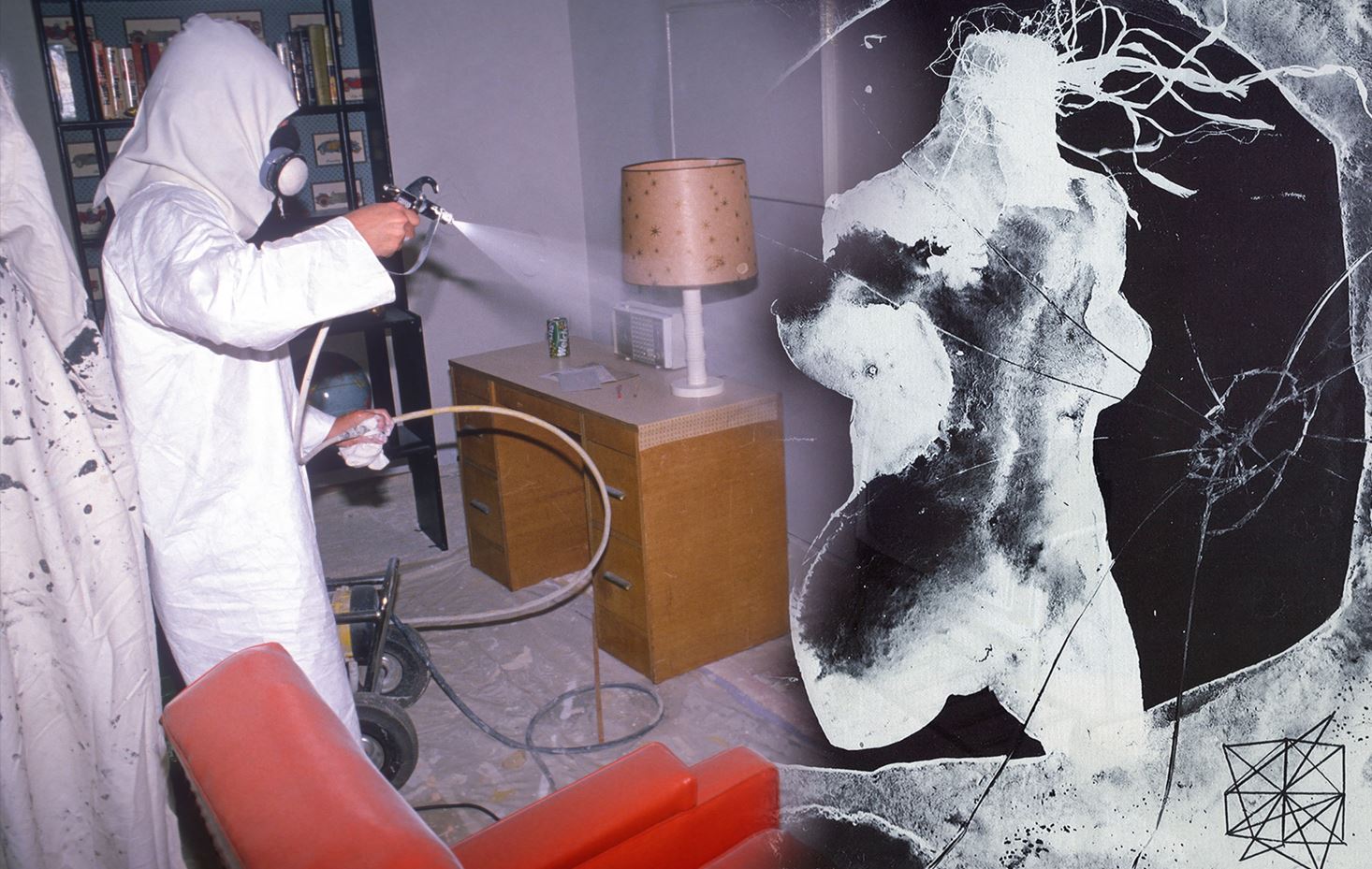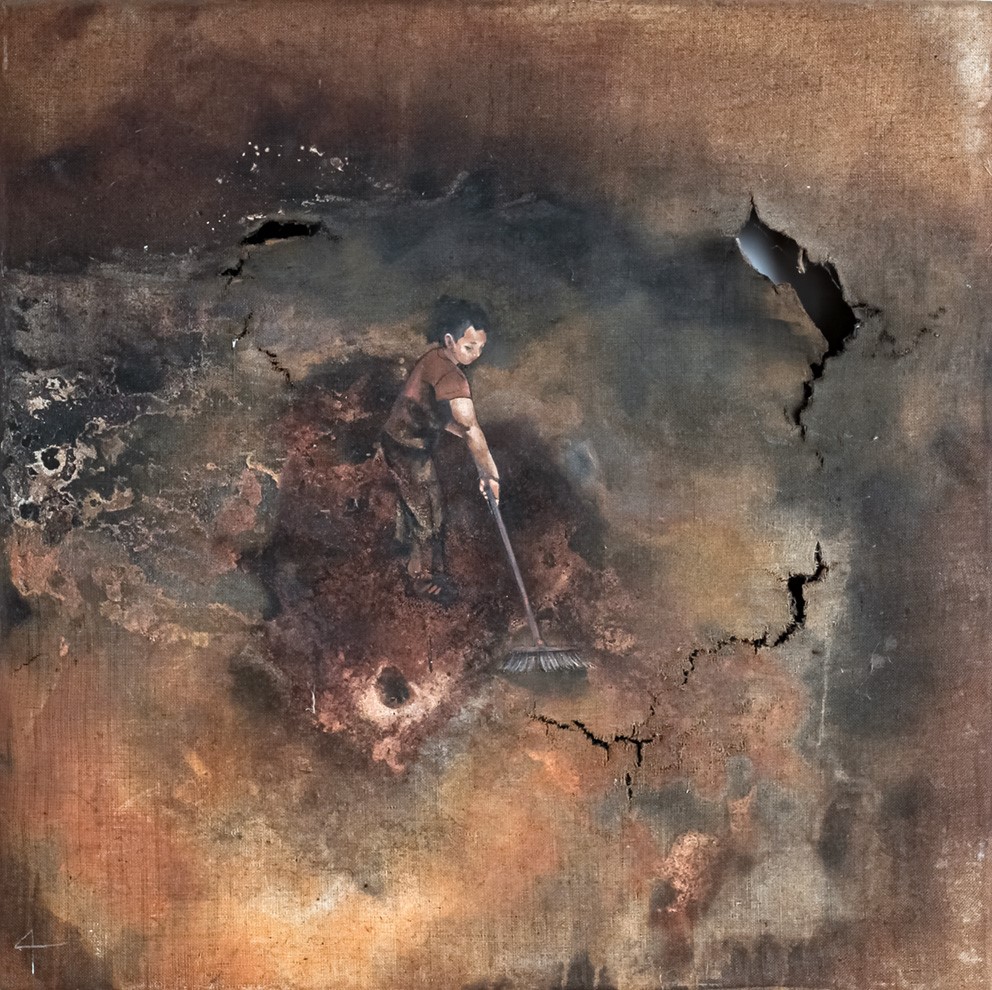News
Habitat Museum: Reimagining cultural institutions
Days of reflection to rethink the transformative role of museums at the Ateneu Barcelonès.
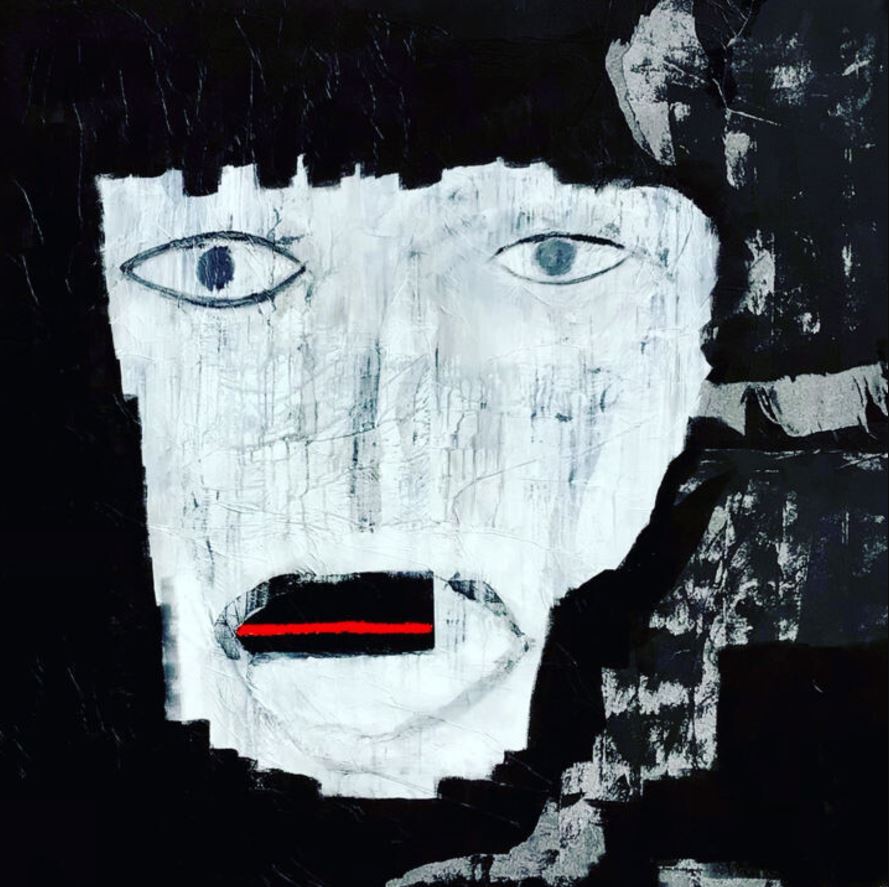
Under the premise that the museum of the 21st century must cease to be an untouchable sanctuary of the past to become a living, dynamic and critical space, Museu Habitat: Capgirar encanteris is framed, an international meeting that, since yesterday and until tomorrow, November 27, brings together experts, artists, and activists with the aim of rethinking what a museum institution can and should be today.
Organized by the Department of Culture of the Generalitat of Catalonia and under the direction of Manuel Borja-Villel, this meeting offers a space for experimentation and collective reflection. It is not just a question of discussing the museum as a building or collection, but of considering its radical transformation in a broad framework that addresses issues such as memory, redistribution, colonialism and borders. It is a program that favors structural change rather than simple aesthetic or semantic adjustments.
The Habitat Museum days begin with a clear principle: culture must assume a key role as a vehicle for social cohesion and as a critical spirit in the face of contemporary challenges. Museums, in this sense, cannot remain on the sidelines and must be open, inclusive spaces capable of generating critical reflection on the frameworks that have shaped traditional museology.
One of the central issues that mark the debate at the conference is restitution , understood as a practice that not only involves returning objects or material goods, but also questions the model of power and ownership within the museum system. This restitution is linked to a deep reflection on the history of colonialism, extractivism and the dynamics of social injustice that have shaped many of the current collections. It is a call to rewrite history in a more inclusive way, to recognize the voices and subjects that have been silenced for centuries.
This transformative perspective that invites a rethinking of institutions and their narratives was the common thread of the two conferences that opened yesterday's Museu Habitat conference, by Fatima El-Tayeb and Joana Masó, who explored how the archives and museums can become spaces of resistance, care and collective reconstruction.
The institutionality in dispute and transformative archives
Fatima El-Tayeb , professor at Yale University and one of the most prominent figures in postcolonial and decolonial studies, gave a lecture that questioned the foundations of the idea of Europe. His paper emphasized how the hegemonic vision of Europe, built over centuries, has been based on a racial hierarchy that has separated white and Christian Europe from the rest of the world, excluding and making invisible the historical intersections that have configured this continent. Through an analysis of European history and the colonial legacy, El-Tayeb argued for the need to reimagine Europe from a decolonial perspective, proposing a new look that integrates the contributions and silenced histories of racialized communities, migrants and other marginalized groups.
One of the central themes of his conference was the importance of archives as tools of transformation. He emphasized that archives are not simple repositories of information, but can be active spaces for the creation of alternative and intersectional memories, capable of questioning established narratives. In this sense, El-Tayeb spoke about projects such as Unarchiving Black Knowledge or the Digital Black European Archive, which seek to establish connections between racialized communities and hegemonic archives. This initiative proposes a rereading of traditional archives through an inclusive lens, with the aim of building a new historical narrative that combats structural racism and recognizes the contributions of non-European cultures. The conference highlighted how archives can be spaces of cultural and political resistance, capable of transforming our understanding of the past and opening paths towards a fairer and more equal future.
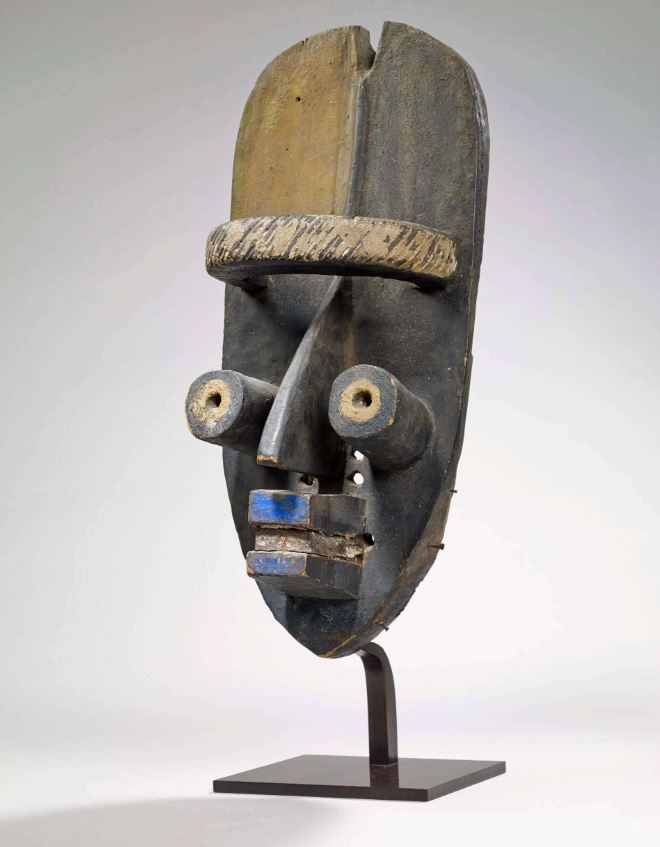
A culture of restitution
For her part, Joana Masó , professor at the University of Barcelona, offered an intervention focused on the figure of the psychiatrist Francesc Tosquelles and his innovative model of psychiatry, which broke with the classic structures of mental health care. Tosquelles, known for his humanistic and social approach to psychiatry, introduced the cooperative model in psychiatric hospitals, promoting the use of artistic practices as a therapeutic tool. This practice transformed hospitals into spaces of collective care, where artistic creation became a way for the recognition and healing of the hospitalized people.
Masó analyzed how, subsequently, the art created in these spaces was reclassified as art brut, a denomination created by Jean Dubuffet. However, according to his critique, this classification decontextualized its origin and purpose, transforming it into an isolated, almost exotic category, and excluding its link to the healing process and collective reinvention. This transformation into outsider art overlooked the communal nature of these works and their deep meaning within a system of care and social transformation. Masó questioned the dynamics of cultural appropriation and defended the restitution of this art to its original contexts, with the aim of recognizing its essence and history.
The conference invited reflection on the implications of restitution not only in terms of physical objects, but also in the recovery of meanings, contexts and practices that have been made invisible by cultural institutions. Masó suggested that the process of repatriating these works of art should take into account a new museum setting, which respects the historical origins and social conditions in which they were born. This vision of restitution, which includes the symbolic and social aspect of artworks, challenges cultural institutions to rethink their exhibition processes and recognize the deep connections between art, mental health and community.
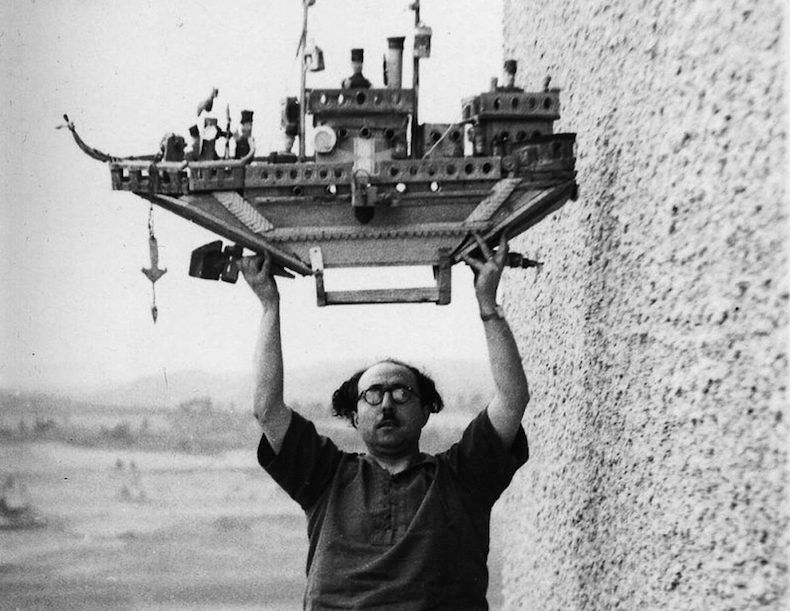 Francesc Tosquelles amb una escultura d'Auguste Forestier, artista resident a l'hospital Saint-Alban. © Arxiu Familia Tosquelles.
Francesc Tosquelles amb una escultura d'Auguste Forestier, artista resident a l'hospital Saint-Alban. © Arxiu Familia Tosquelles.
Both conferences provided a critical and in-depth look at the relationship between institutions and social and cultural practices, underscoring the need to transform archives, museums and other cultural institutions not only as repositories of knowledge, but as dynamic spaces and assets for social and cultural transformation. The creation of institutions that are capable of recognizing silenced histories and integrating the voices of communities that have been excluded from official narratives must be defended, thus contributing to a process of historical reparation and the creation of a future more inclusive and fair.



